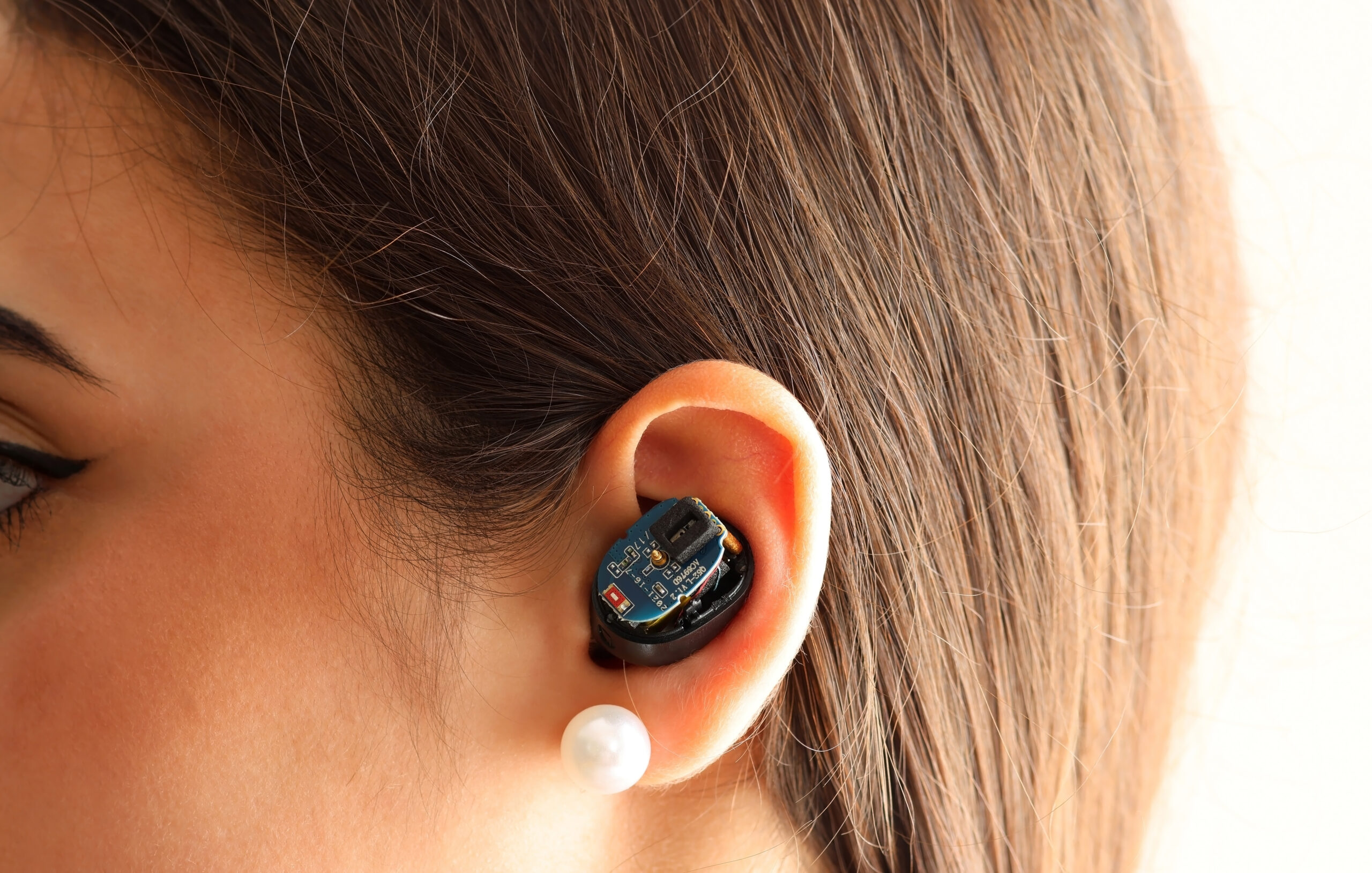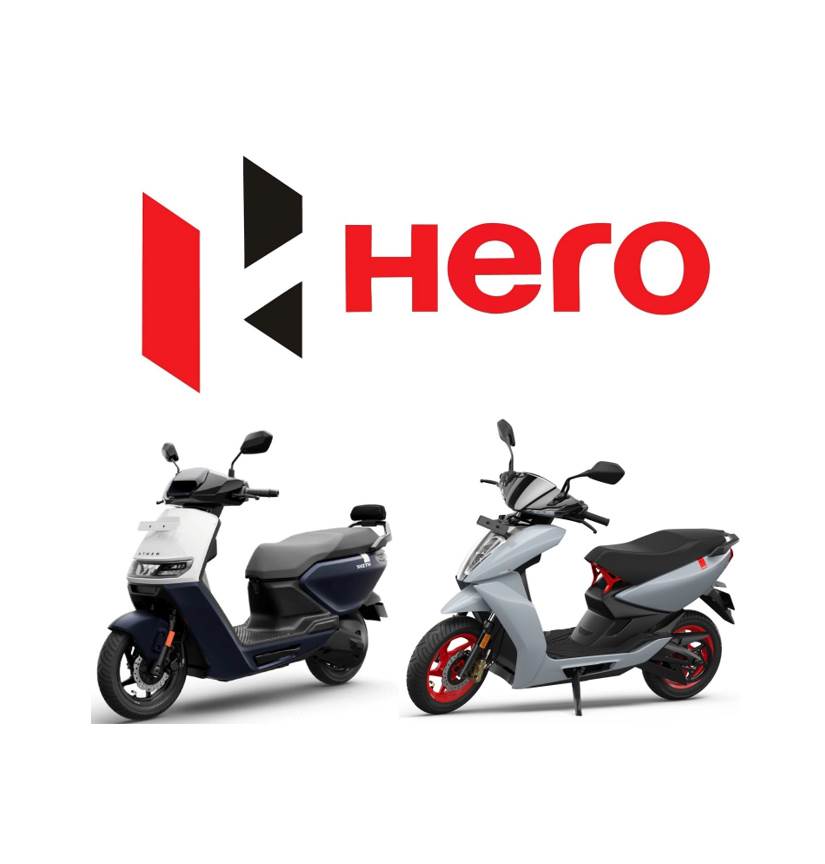- TECHSWU
- Posts
- TECHSWU #50
TECHSWU #50
Welcome to TECHSWU, your go-to destination for all things tech that matter in your daily life!



Triangle Tech, a technical school based in Pittsburgh, has announced that it will be closing its doors after 80 years. The closure will impact over 200 students who were set to start classes in the coming months. Many of these students are now scrambling to find alternative education options. The closure is also affecting staff members, with 20 positions being affected. Triangle Tech cited the COVID-19 pandemic, changes in the industry landscape, and strenuous government regulations as factors that have led to its closure. However, the president of the Westmoreland County Chamber of Commerce reassured students that there are still plenty of opportunities for them to receive a similar education in the county. The current enrolled students will continue to be taught until June 2025, but no new students will be accepted. Former students are also impacted, as Triangle Tech had made a 10-year promise to help them find jobs or receive further education, which will now be left unfilled.

With Father's Day approaching, the Kansas City Star has compiled a list of the 17 best Father's Day gifts available on Amazon. Some highlights from the article include:
• Meater Plus: Wireless Smart Meat Thermometer: This gadget connects to an app and guides users through the grilling process to ensure perfectly cooked meat.
• Renpho Eye Massager: A device that provides relaxation and reduces eye strain with built-in heating pads and Bluetooth capabilities.
• Dewalt Cordless Drill and Driver Kit: Perfect for handyman dads, this kit includes a compact and lightweight drill, batteries, charger, and contractor bag.
• TheraGun Relief Massage Gun: An easy-to-use massage gun that provides fast and effective relief from aches, pains, and stiffness.
• Carhartt Dual Compartment Insulated Lunch Bag: A durable lunch bag with dual compartments, insulation, and various storage pockets.
• Amazon Kindle: A glare-free Kindle for dads who love to read, with adjustable light mode and easy book downloads.
• Pickleball Paddle Set: A set of pickleball paddles, balls, and a bag for dads looking to join the pickleball trend.
• Stanley Pour Over Set: Ideal for coffee-loving dads who enjoy camping, this set helps brew the perfect cup of joe on the go.
• Whiskey Stones Gift Set: A set of whiskey stones stored in a wooden tray, perfect for dads who want to enjoy their favorite liquor without dilution.
• Ember Temperature Control Smart Mug: Keeps drinks hot for longer periods and allows precise temperature control through an app.
• Microwavable Bacon Grill: Cooks bacon strips quickly while minimizing fat drips and grease splatters.
• Zero Gravity Lounge Chairs: A set of lawn chairs with cup holder trays for ultimate relaxation during the summer.
• Catch Co Mystery Tackle Box: Filled with fishing baits, lures, and fun goodies, this box is perfect for fishing enthusiast dads.
• RFID Blocking Slim Wallet: Upgrades your dad's wallet with 11 card slots, a clear ID window, and a money clip.
• Dad Jokes Card Set: A set of 150 bad dad jokes for entertainment during road trips or family dinners.
• Convertible Garment Bag: Combines the features of a garment bag and duffel bag for convenient travel.
• JBL Charge 5 Portable Speaker: A waterproof Bluetooth speaker with 20 hours of playtime for dad's listening pleasure.
With these gift ideas, finding the perfect Father's Day gift on Amazon is made easy.

Big tech companies like Google, Meta, OpenAI, Microsoft, and Elon Musk's xAI are investing in data centers to support their AI development. xAI recently announced plans to build a data center in Memphis, Tennessee, which would provide more computing capacity for training its AI models. Data centers are crucial for the development and training of AI language models, acting as "AI factories" that require large sources of electricity, storage, and cloud computing. These data centers have a significant impact on local economies by creating jobs. xAI's plans for the Memphis data center are pending approval, but if approved, the project could move quickly. Other tech giants like Google, Meta, Microsoft, and Amazon also have data centers in various locations throughout the US and internationally. These data centers are chosen based on factors such as land availability, skilled workforce population, energy resources, and infrastructure needs.

Viture has launched its latest smart glasses, the Viture Pro glasses, which represent a significant step forward in the smart glasses space. The glasses feature stunning visuals with enhanced brightness and clarity, a lightweight and comfortable design, and built-in software. They have a 10% larger display, double the refresh rate, and 4000 nits of brightness compared to Viture's previous glasses. The glasses are priced at around $549, making them an affordable option for those looking to experience augmented reality. The design of the glasses is sleek and stylish, and they are comfortable to wear for long periods of time. The display on the glasses is impressive, with Sony Micro-OLED screens and a virtual screen that goes up to 135 inches. The glasses also have an effective electrochromic film and native 3D video support. However, the spatial sound is a little quiet and there are some limitations on viewing angles. The glasses can connect to virtually any device and there are optional accessories available for purchase. The Viture Pro glasses offer a slightly more immersive experience compared to other smart glasses on the market. Overall, they represent a positive step forward in XR glasses technology.


The retail technology industry had an eventful week, with a variety of interesting stories and statistics. Some highlights from the article include:
• Watsons, a health and beauty brand, plans to open and upgrade over 2,200 O+O (Offline plus Online) stores across 15 markets in Asia, Europe, and the Middle East, with a goal of having over 3,800 of these stores by the end of 2024.
• Sam's Club launched the Member's Mark Community, an initiative that allows members to contribute to the retailer's private brand. The community has already gained 50,000 actively participating consumers who provide input on products.
• Whizz, an e-bike subscription platform for last-mile delivery drivers, recently raised $12 million in a Series A funding round, bringing the company's total funding to $20 million.
• American Express conducted research that revealed 53% of UK retailers plan to invest in social media marketing to attract new customers and drive loyalty.
• British brands and retailers have seen international sales to the EU drop by £5.9 billion since Brexit, despite a thriving European e-commerce market.
• Shopify's Aspiring Entrepreneurship 2024 Report showed that 73% of 16-24-year-olds in the UK have entrepreneurial ambitions, indicating a growing interest in owning a business.
• Zapp, a London-based rapid delivery firm, now offers three highly sought-after wines for on-demand delivery in minutes. The company has tripled its sales in the past year by focusing on rapid delivery and exclusive products.

AI robotics technology is being used to push the boundaries of wearable devices, making smart and fashionable wearables a reality. Engineers at the UMD have designed a model that integrates artificial intelligence in the design process for wearable technology fabrics, using machine learning and collaborative robots. Wearable assistive robots, made of different materials including rigid, soft, and hybrid, are being developed to help individuals with physical disabilities perform everyday tasks. The engineers at UMD are using deep learning techniques and robotics to accelerate the development of novel materials for wearables with a 95% success rate. These advancements in AI robotics have the potential to make wearables more durable, flexible, and effective, and could lead to the creation of intelligent clothing that adapts to the wearer's environment. However, there are challenges and considerations to overcome, including privacy concerns and technical limitations. Ethical considerations also arise from the potential impact on society and individuals' behaviors. Overall, AI robotics in wearable devices have the potential to revolutionize the market and provide users with new experiences and functionality.

Engineers at the University of Maryland have developed a model that combines machine learning and collaborative robotics to accelerate the design of materials used in wearable green tech. The model, published in the journal Nature Communications, automates the design process for creating aerogel materials used in wearable heating applications. Aerogels are lightweight and porous materials used in thermal insulation and wearable technologies due to their mechanical strength and flexibility. The traditional method of designing aerogels is time-intensive and relies on experiments and experience-based approaches. The research team combined robotics, machine learning algorithms, and materials science expertise to create a prediction model that can generate sustainable products with a 95% accuracy rate. The team used conductive titanium nanosheets, cellulose, and gelatin to create strong and flexible aerogels. The model can also be expanded for other applications such as sustainable energy storage and insulating windows.


The First Major AI Consumer Hardware Launch is a Dumpster Fire
• The Humane AI Pin, a highly anticipated AI hardware product, has received poor reviews and faced numerous issues since its launch.
• Review headlines from various outlets describe the product as a mess and not worth the investment.
• The company has been plagued by problems, including layoffs, low sales, and the discovery of a fire safety risk with the battery charging case.
• The AI Pin was touted as a potential replacement for smartphones, offering AI capabilities and the ability to break smartphone addiction.
• However, the device has been criticized for its poor functionality, slow response time, and difficulties with navigation and control.
• The company has also been accused of ignoring outside feedback and being hostile to criticism.
• Despite some improvements made post-launch, the overall reputation of the product and the company's future are in doubt.


The wearables market saw a growth spurt in the first quarter of 2024, with global shipments of wearable devices increasing by 8.8% year over year to 113.1 million units, according to a report from the International Data Corp (IDC). Despite the growth in shipments, average selling prices (ASPs) declined by 11% in the first quarter, marking the fifth consecutive quarter of declining ASPs. The decline in prices can be attributed to the increasing popularity of mid-range and value-priced wearables in emerging markets, as well as the downward pressure on consumer spending caused by the economy.
Highlights from the report include:
• Apple maintained its position as the top wearable device company, although its Apple Watch shipments declined by 19.1% year over year.
• Xiaomi ranked second with a 43.4% year over year growth, driven by its value-oriented products.
• Huawei overtook Samsung to capture the third spot, thanks to the return of its smartphone business, which had a positive impact on wearables.
• Samsung slipped into fourth place, despite beating the market with its growth in hearables.
• Imagine Marketing (boAt) rounded out the top five, with growth in hearables but a decline in smartwatches.

In the debate over which is the better artificial intelligence (AI) stock, Nvidia and AMD are two critical players. Both companies supply GPUs for data centers, with Nvidia's GPUs being considered industry-leading. However, AMD has been gaining momentum recently and has begun offering its products as alternatives to Nvidia. Nvidia's data center GPUs have been far more successful than AMD's, generating $22.6 billion in revenue in the first quarter of 2025 compared to AMD's $2.34 billion. Another factor to consider is that AMD's product line is much wider, as it also produces CPUs for PCs and GPUs for gaming systems, while Nvidia is more focused solely on GPUs. Although AMD has historically played second fiddle to Intel in the CPU market, it is starting to gain business as an alternative pick for cloud giants like Microsoft Azure. However, despite AMD's momentum, investing in the industry leader, Nvidia, is still seen as a better buy due to its established market dominance.


DuckDuckGo, the privacy-focused search engine, has introduced a new feature that allows users to chat with AI while maintaining their anonymity. The AI Chat service ensures that conversations cannot be traced back to any individual, as it prevents the chatbot's owners from seeing users' IP addresses. Users also have the option to clear the chat instantly with a "Fire" button. DuckDuckGo has agreements in place with model providers to delete saved chats within 30 days, and the chats are not used to train or improve AI models. However, the service does have limitations, such as not always providing access to the most up-to-date models. DuckDuckGo is exploring the possibility of a paid plan with higher limits and access to more advanced models. Overall, this new feature is a step in the right direction for interacting with AI while prioritizing privacy.

The article discusses the best free AI training courses available in June 2024. It acknowledges that learning about AI can be overwhelming, so it provides a list of courses that range in time commitment and knowledge level. Some highlights from the article include:
• IBM offers a self-paced course that covers the basics of AI, including machine learning and neural networks.
• Microsoft offers a 2-hour course for business users to learn about the benefits of AI in the Microsoft 365 suite.
• Stanford University's Andrew Ng teaches a 3-course series on machine learning, covering topics like supervised and unsupervised learning.
• HarvardX offers a Python-based course that covers machine learning concepts such as graph search algorithms and probability theory.
• LinkedIn provides a course on how to research and write using generative AI tools, led by Dave Birss.
The article concludes by encouraging readers to take advantage of these courses to stay ahead in the evolving field of AI. However, it also reminds them to remain cautious about potential downsides and risks associated with AI technology.

Hero MotoCorp, the world's largest two-wheeler manufacturer, is planning to increase its stake in Ather Energy, a Bengaluru-based smart electric scooter manufacturer. The company will invest Rs 124 crore to raise its shareholding by up to 2.2%. This comes after Hero MotoCorp previously invested Rs 140 crore in Ather Energy in December 2023, increasing its stake to 39.7%.
Ather Energy has experienced rapid growth in line with the Indian electric two-wheeler market. In FY2024, the company sold 108,870 units, achieving a 41.50% growth and securing a market share of 11.53%. So far in FY2025, Ather Energy has already sold 46,001 units, accounting for 42% of FY2024's sales and giving it a market share of 13% year to date.
Ather Energy is well-positioned to meet future demand, with a manufacturing capacity of 420,000 units per annum. The company has also begun working on an e-motorcycle and has partnered with Zero Motorcycles for the development of premium electric motorcycles. With this increased stake, Hero MotoCorp is betting on the growing demand for Ather products.

This article highlights some new and interesting gear in the world of road cycling:
• The Ekoï Outlast® jersey and Supersoft bib shorts use NASA technology to regulate body temperature and reduce perspiration.
• DT Swiss has released the GRC 30 and GRC 50 gravel wheels, which offer improved rim strength and a choice of rim profiles.
• JonnyMole has unveiled the DREAM MACHINE 2.5 concept bike, featuring a unique dual-frame design and integrated accessories.
• EF Pro Cycling is expanding its use of the Nix Biosensor to create custom hydration strategies for its athletes.
• Zwift has introduced a new climb called The Grade, which provides a challenging alternative to traditional FTP tests.
• Pro-cycling photographer Kristof Roman has released a book called The Art of Suffering, featuring stunning photographs of road racing.
